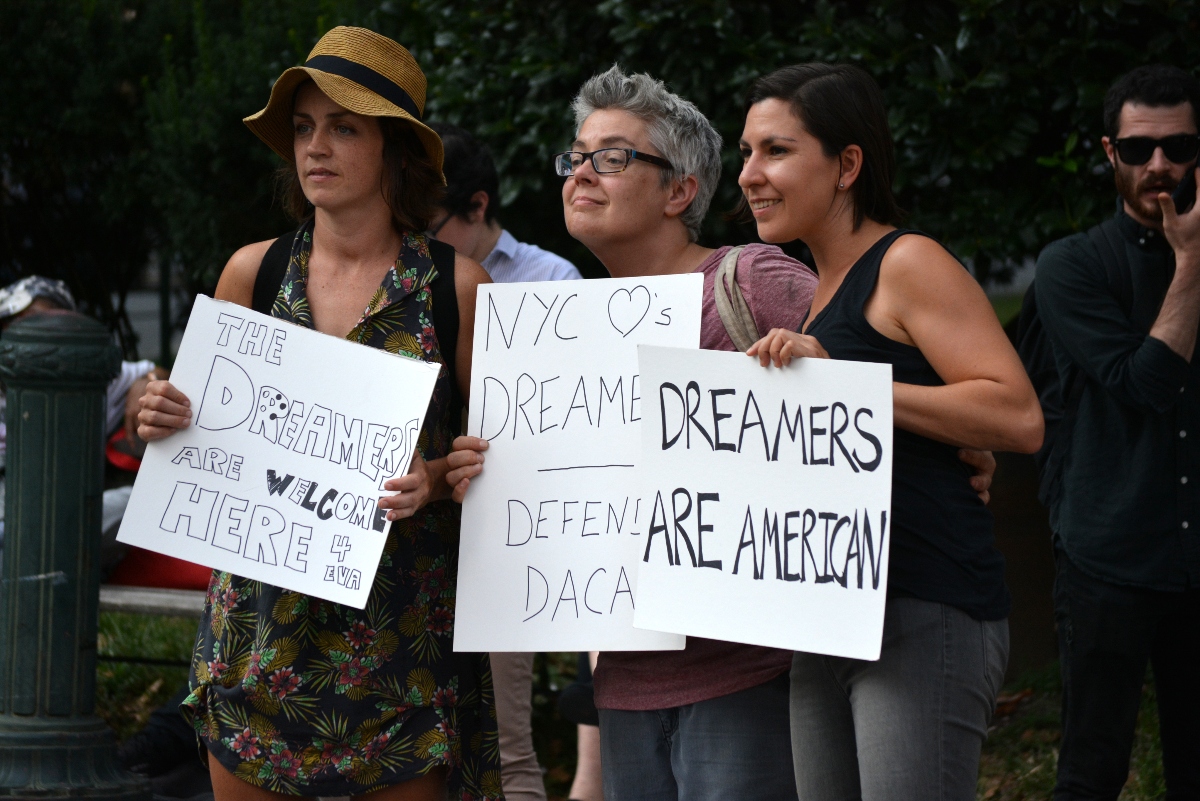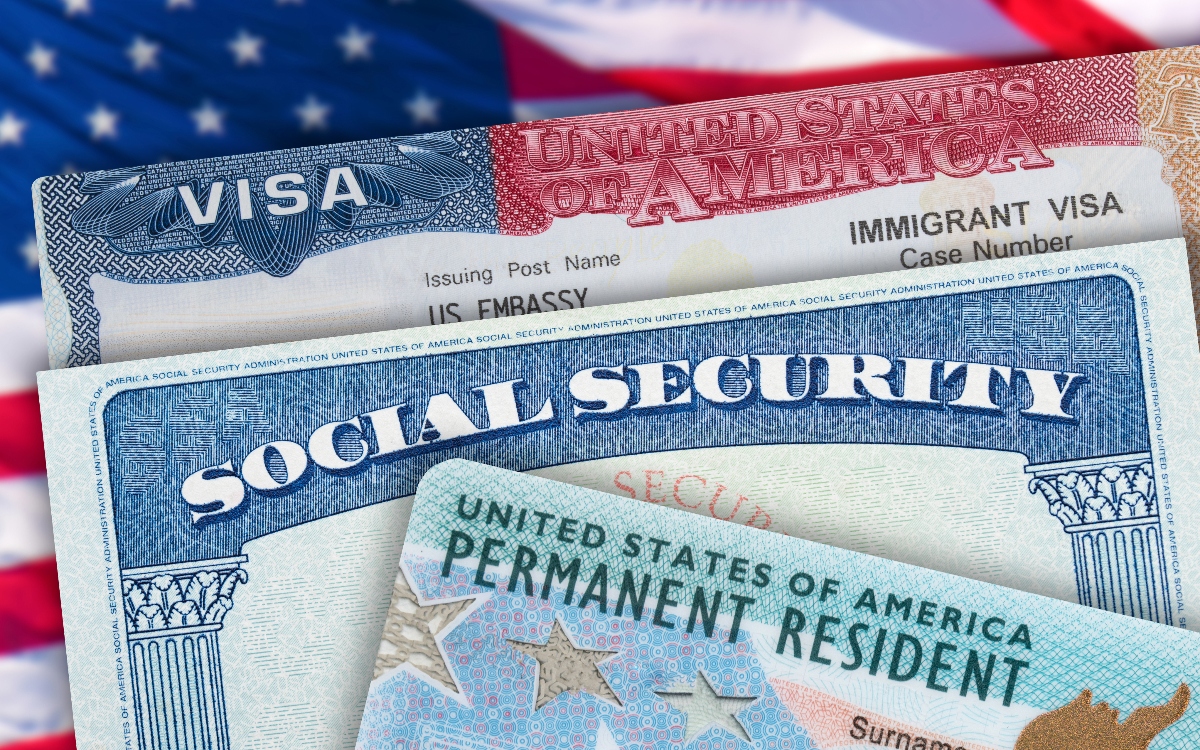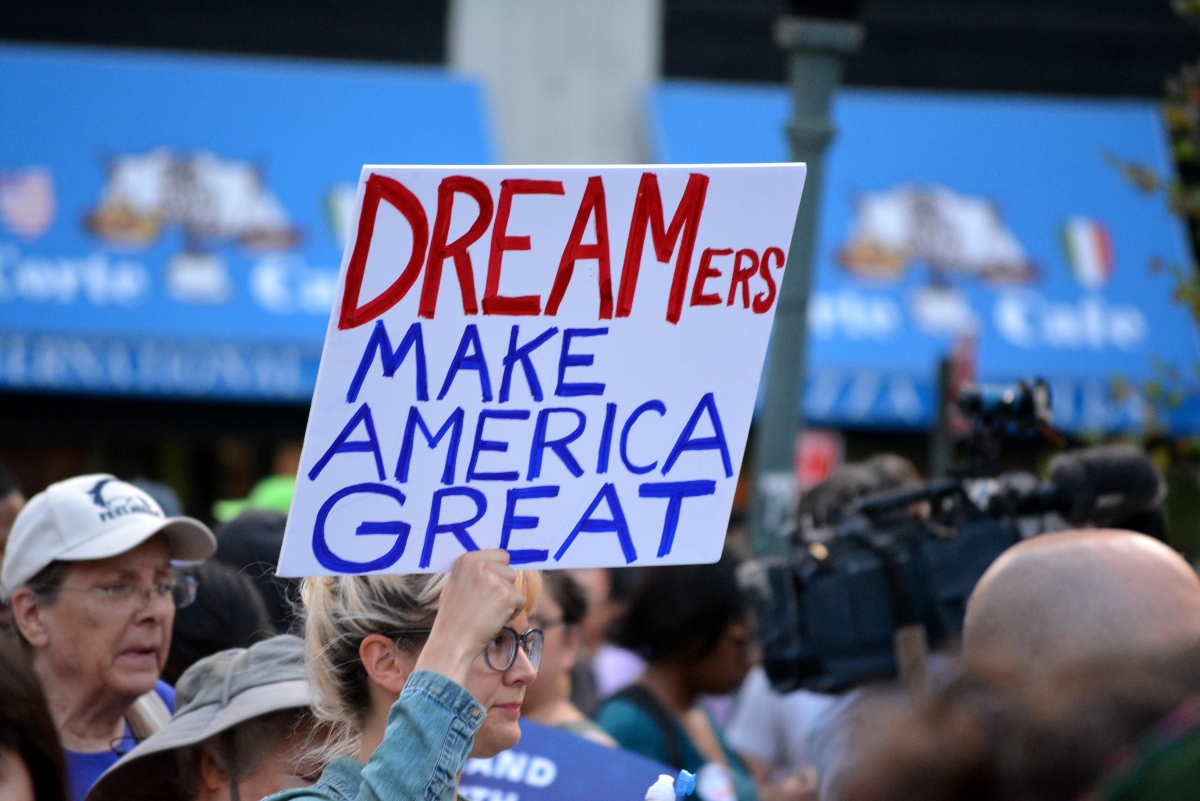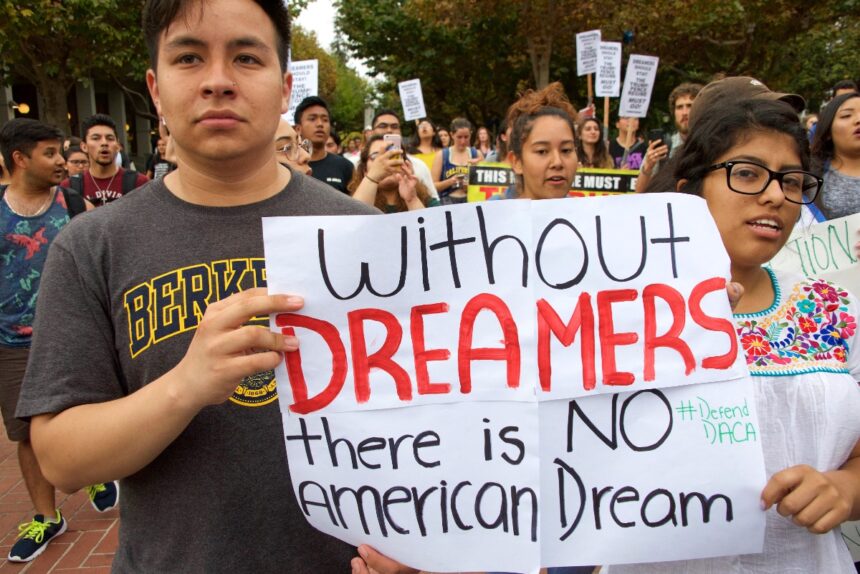While the DACA program provides temporary protection to many undocumented immigrants, thousands of Latinos fall outside its requirements.
Here we explain what alternatives they have and how they can move forward!
Why do some Latinos not qualify for DACA?

DACA (Deferred Action for Childhood Arrivals) was created in 2012 to protect from deportation certain undocumented immigrants who came to the United States as children.
However, many are left out due to strict criteria:
Arrived in the U.S. after June 15, 2007.
Not having reached the age limit of 31 years old as of June 15, 2012.
Failure to complete the necessary educational or military requirements.
According to USCIS, approximately 1.7 million people would have been eligible for DACA initially, but only slightly more than 600,000 currently benefit from the program.
Alternatives for Latinos who do not qualify

Even if you do not qualify for DACA, there are other legal options that may help you regularize your immigration status:
Family Petition: If you have immediate family members who are citizens or permanent residents, they may be able to sponsor you for a green card.
Humanitarian visas: Options such as Temporary Protected Status (TPS) or U visas for victims of crime can provide protection.
Asylum: If you fear returning to your country due to persecution, you may apply for asylum within one year of your arrival.
State programs: Some states, such as California and New York, offer limited benefits for undocumented immigrants, such as driver’s licenses and access to education.
Always consult with an immigration attorney to analyze your specific situation and explore your options
QuéOnnda.com
The impact on the Latino community

Being left out of DACA has significant consequences for thousands of immigrants:
Limited access to employment: Without legal protection, it is more difficult to find stable and well-paid jobs.
Lack of stability: The constant threat of deportation generates stress and anxiety.
Impact on education: Although some states allow reduced tuition for undocumented students, many face financial barriers.
How to move forward without DACA?
If you do not qualify for DACA, it is critical to take action:
Legal consultation: Organizations such as RAICES and United We Dream offer free or low-cost advice.
Get educated and prepared: Look for affordable educational programs and job training in your community.
Participate in advocacy movements: There is strength in numbers. Participating in pro-immigrant initiatives can influence future policy changes. For more immigration news, visit QuéOnnda.com.














